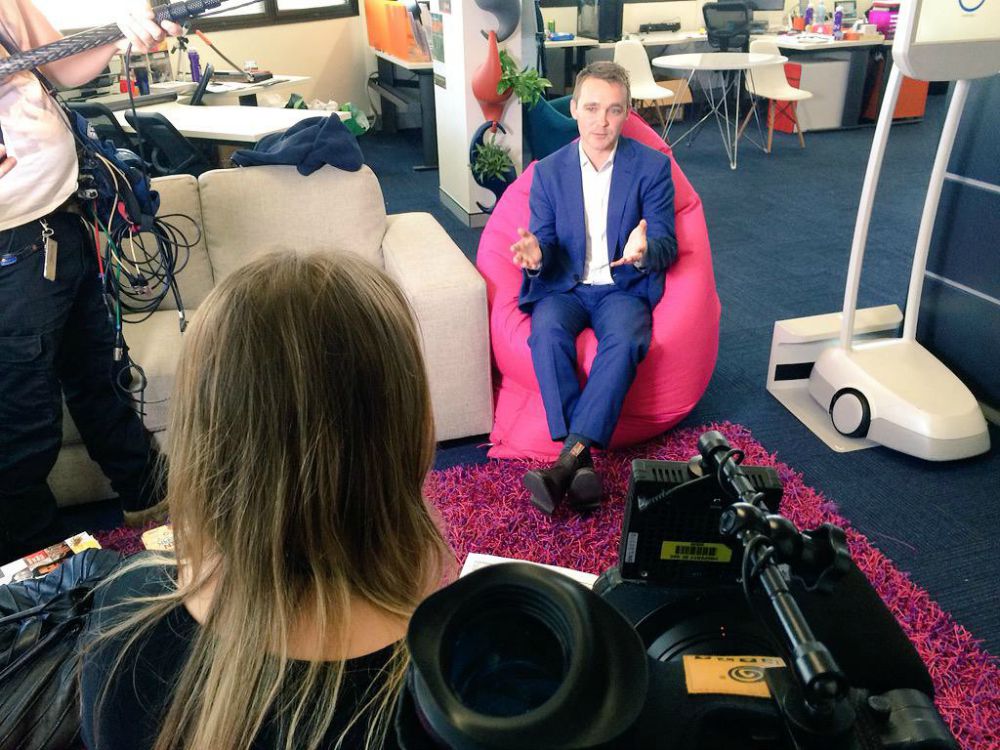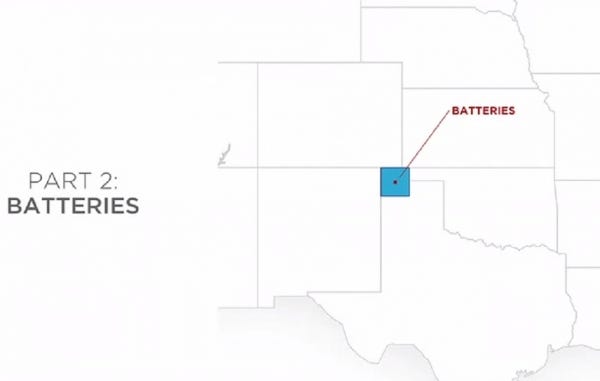
Pitch your Startup, App or Hardware or post a Startup Event or Startup Job
The great thing about startups is that they get s**t done. There is no time to pontificate, no budget to bring in McKinsey and plenty of uncertainty and risk that entrepreneurs grow to be comfortable with. This context has created a way of working that powers startups to innovate at internet speed and disrupt most industries in their wake.
We call this way of working ‘Lean Startup’ — a discipline which accepts that a startup doesn’t know all the answers when it begins and must deliberately discover the mechanics that will cause it to succeed. Great businesses never lose this habit.
Done well, lean startups massively de-risk the chance of failure and build conditions that lead to rapid, efficient scale. This is not just for social networks and e-commerce sites. Businesses all over the world are using this process to launch broadband networks, develop pharmaceutical drugs and create new energy solutions.
A government can become a leading practitioner of innovation not just an organisation that makes policy around it. Consider Tesla. Arguably a startup with government scale ambition, Tesla has built, measured and learned its way from a pilot (testing the battery tech in a Lotus car) to a company that intends lead the replacement fossil fuel across the world.
Why aren’t governments doing this?

Lean startup tells us to get out there and do something, then measure what happens. Governments consult and fund huge thought experiments carried out on paper. What if governments ran programs that tried things in a small way and measure how they helped people. Then learned how to scale them.Policy can be developed using lean principles. Instead of asking experts what they think, what if governments actually made what they imagined and asked their citizens to try it?
What if we tried to run a whole town on solar power and batteries? What if we ran experiments learning how people’s routines changed and what new businesses could form? What could we learn? What if we gave a whole school population $1,000 in bitcoins and configured a whole town to accept payments? What could we learn? What if we gave everyone in a GP surgery an iPhone and experimented with a 100% electronic health service? Can we make people healthier? Can we reduce health costs?
The first human genome took 10 years and $1.5 billion to sequence and now it takes 24 hours and costs $1,000. Within a decade, each adult in the world will have computing power equivalent to a human brain. We haven’t invented 99% of the inventions, opportunities, businesses and jobs that are before us. It is time to stop protecting the past and look to the future. Embrace the startup way and step into a prosperous, extraordinary future.
What do you think @wyatt_mp?
Image credit – Wyatt Roy’s Twitter Feed
Pitch your Startup, App or Hardware or post a Startup Event or Startup Job